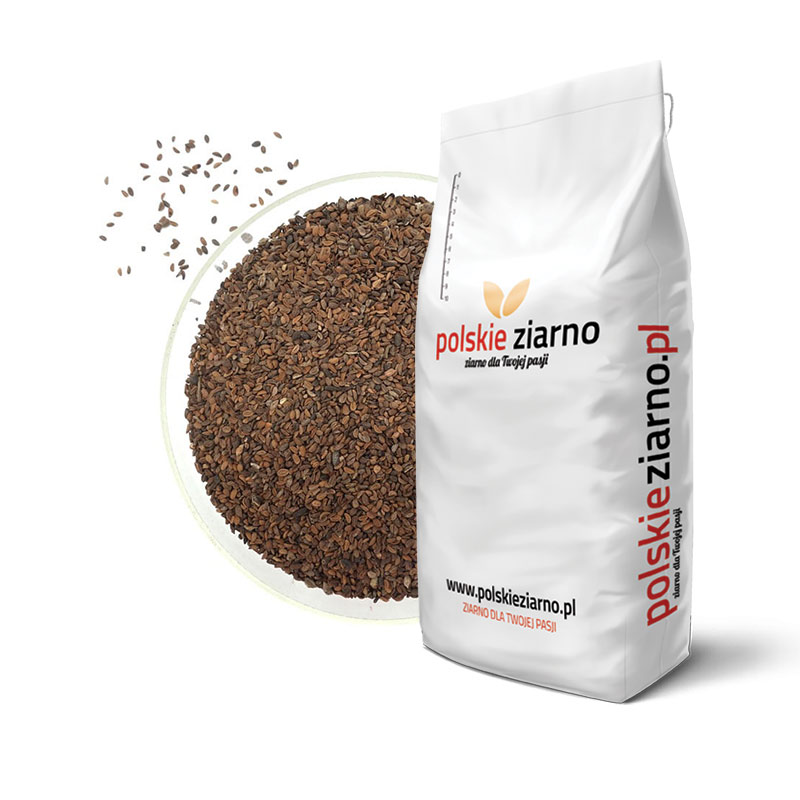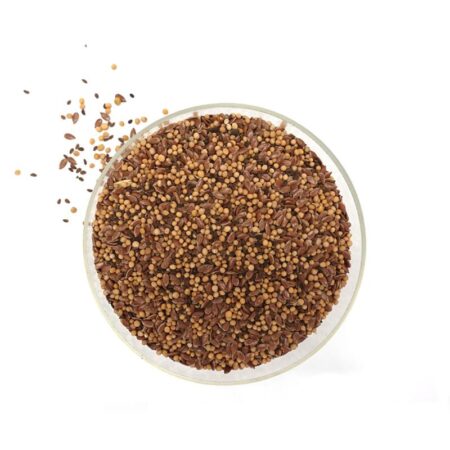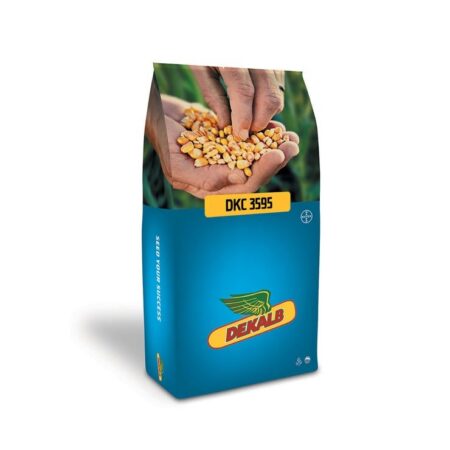Description
Phacelia Anabela - Queen of Honey Plants
Phacelia auricula Anabela (certified seeds C1) is a versatile and undemanding annual plant that is perfect both as a honey plant and as a green fertilizer. Thanks to its extraordinary properties, it is loved by both beekeepers and gardeners.
The versatility of the Blue Phacelia
Phacelia Anabela It can cope with any typical garden soil, tolerating both temporary droughtsAnd autumn chills. Its short vegetation period, lasting only 3 months, allows for sowing at different times – from spring to late summer. Thanks to this, you can enjoy green mass and flowering plants almost all season long.

Extraordinary Honey and Pollen Efficiency
Phacelia blumea is a true queen among honey plants. Its honey yield is from 301 to 400 kg/ha, and pollen yield is an impressive 201-300 kg/ha. Beekeepers value phacelia for its long flowering period, which begins after 50 days from sowing and lasts for 5 weeks. By sowing phacelia, you can count on abundant honey and pollen harvests that will attract lots of bees and other pollinating insects to your garden.
Green Manure and Ornamental Plant
Phacelia Anabela is not only a honey plant, but also an excellent green fertilizer. Thanks to its strong growth dynamics, it quickly shades the soil and drowns out weeds, which makes it an ideal choice for improving soil structure. In addition, its purple-blue flowers give gardens and fields a unique, decorative character.
Sowing Recommendations
Phacelia auricula Anabela has a wide range of seeding rates, from 8 do 15 kg/ha, which allows you to adjust the sowing rate to soil and climatic conditions. The plant has strong growth dynamics, which guarantees quick shading of the soil and effective weed suppression, as well as abundant flowering after only 50 days from sowing.
Phacelia Blue Anabela is a versatile plant with many advantages – from excellent honey and pollen efficiency, through its use as a green manure, to its ornamental value. It is an ideal choice for anyone who wants to enrich their crops with a melliferous plant and at the same time support biodiversity in their garden or field.


















